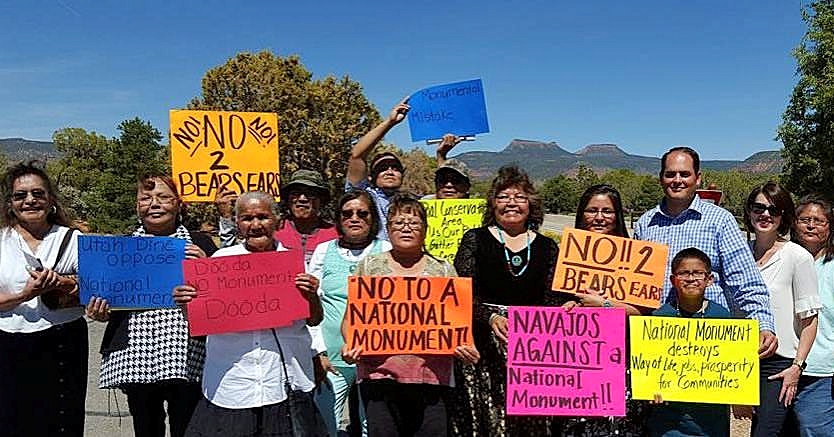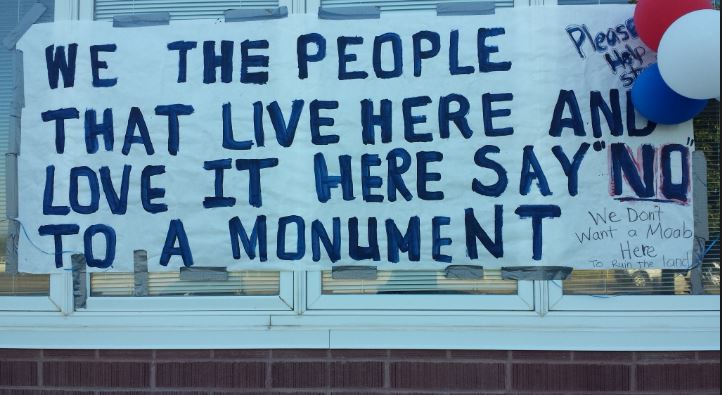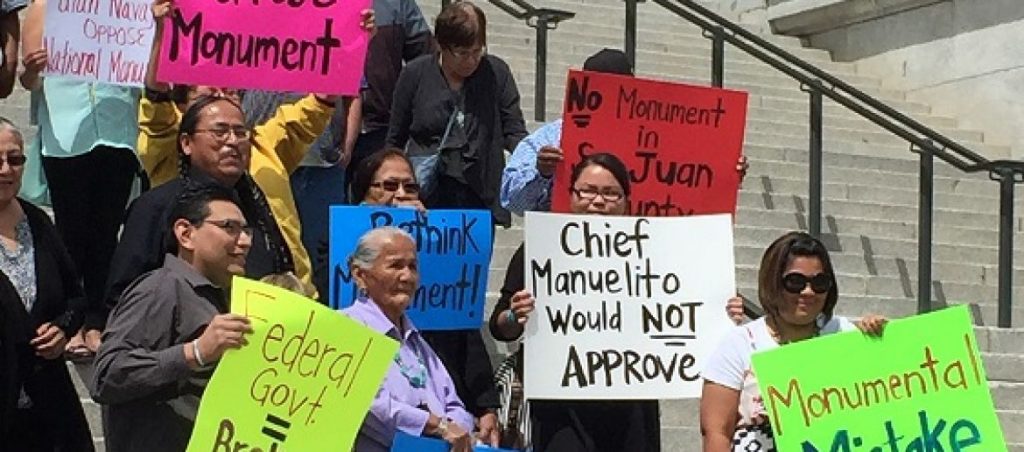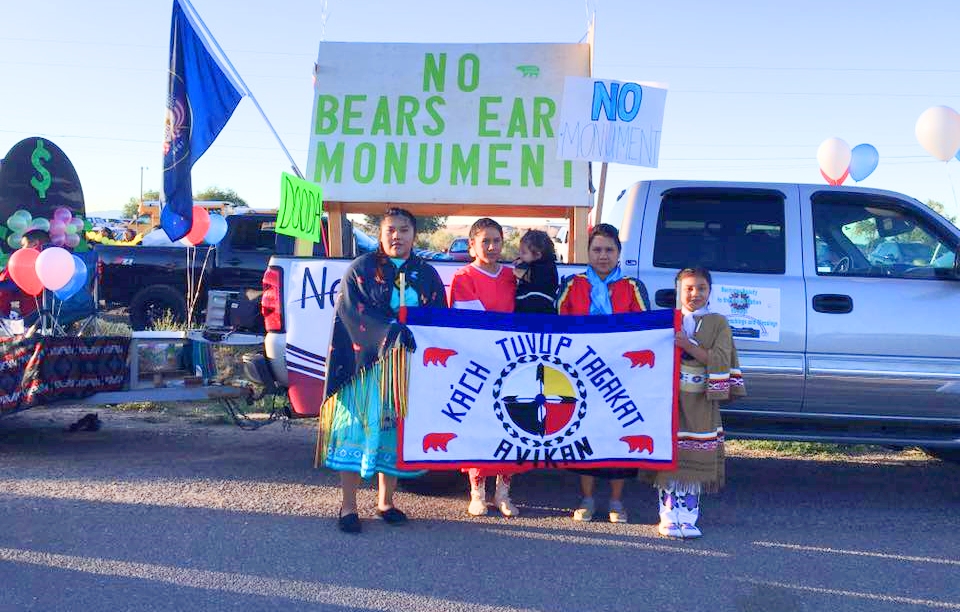Bears Ears has already gained national attention as a battleground between former President Barack Obama’s focus on environmental protection and locals who oppose more federal restrictions on land use. But some Republicans have their eye on a much broader rollback of the president’s authority to establish monuments.
Jack Fitzpatrick
Conservative lawmakers from Western states believe they have a rare opportunity to roll back the president’s authority to single-handedly establish national monuments — but there’s apparently a long list of more pressing issues for Congress and the Trump administration.
Western Republicans hope Trump will revoke some monuments created under previous presidents, but would also like to pass legislation altering the Antiquities Act, the 1906 law that allows the president to protect large swaths of land without Congress’s consent.
Sen. Orrin Hatch (R-Utah) said revoking the Bears Ears and Grand Staircase-Escalante national monuments in Utah were “among my top priorities,” and a pivotal issue in his support for the nomination of Ryan Zinke as interior secretary. In a floor speech Wednesday, he said he spoke with President Donald Trump, and the monuments’ opponents now “have the White House on our side in the fight for local control.”
Bears Ears has already gained national attention as a battleground between former President Barack Obama’s focus on environmental protection and locals who oppose more federal restrictions on land use. But some Republicans have their eye on a much broader rollback of the president’s authority to establish monuments.
Sen. Mike Lee (R-Utah) said Congress gave the president “far too much power” to establish monuments with no limit to how large they are and no process for public input. Even when the law was passed in 1906, it was “antithetical to our constitutional structure,” he said at a discussion on the act last week. Lee said talks about potential monuments are bound to fail, because a president who supports a monument does not need to negotiate.
“It’s impossible to negotiate in good faith and in a meaningful way with such a biased playing field,” Lee said.
Although Republicans control the House, Senate and White House, a major overhaul of the Antiquities Act might still be too much to handle as the administration and lawmakers struggle with the more high-profile topics of health care and tax reform, said Michael Hacker, a former Democratic leadership aide who is now a partner with the communications and lobbying firm HDMK.
“You see a lot of bad proposals out of the House, and they go to the Senate and go nowhere,” Hacker said in a phone interview. “The administration has so many other priorities on its plate. This does not strike me as one that is a particularly urgent priority.”
Rep. Paul Gosar (R-Ariz.) introduced a bill in the last Congress limiting national monument designations under the Antiquities Act to no more than 5,000 acres. By comparison, Bears Ears National Monument is 1.3 million acres. Gosar has not yet reintroduced the bill this Congress.
“The strategy isn’t certain yet,” said Kelly Roberson, a spokeswoman for the Congressional Western Caucus, which Gosar chairs. “But reforming the Antiquities Act is important for the caucus, and for Chairman Gosar.”




